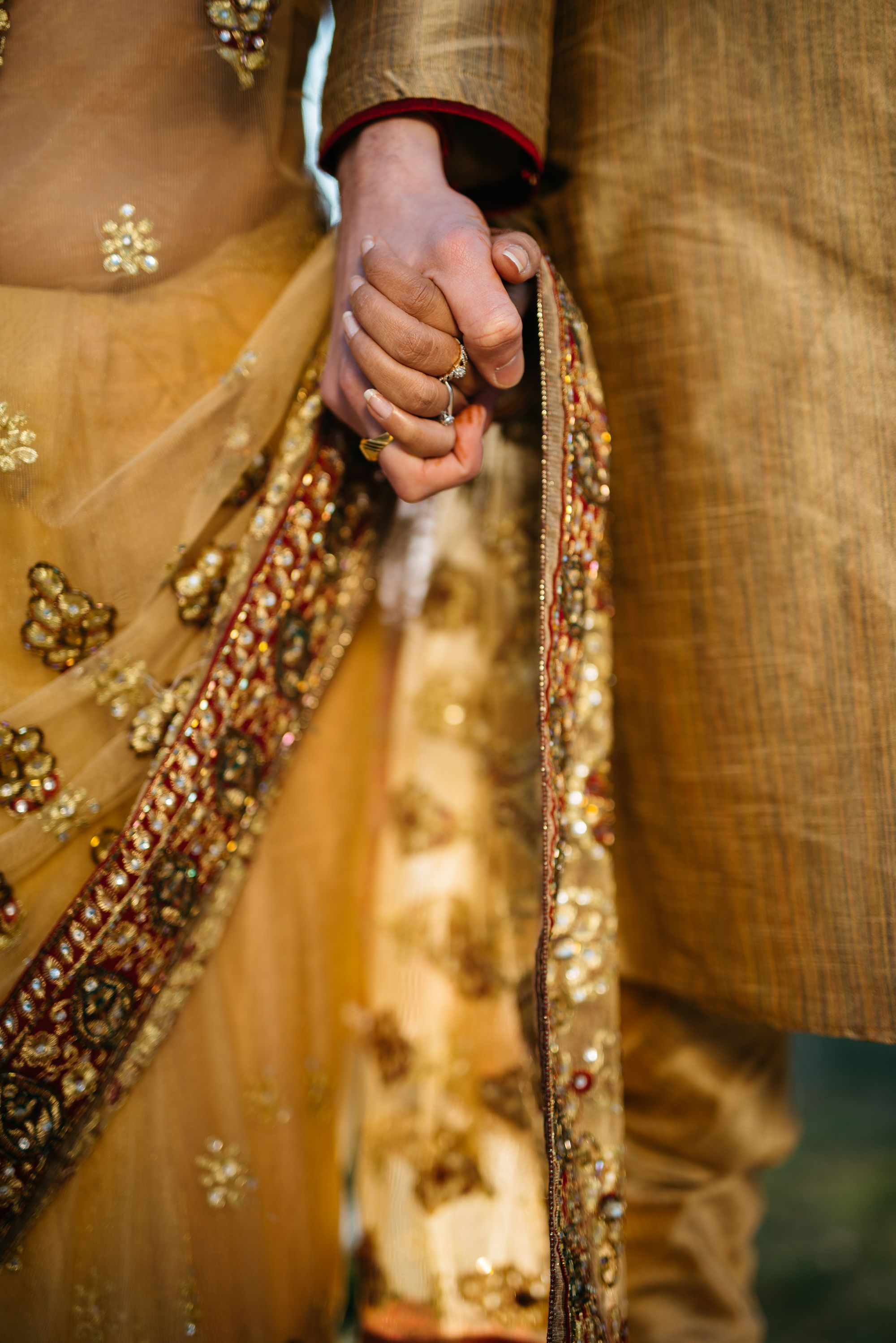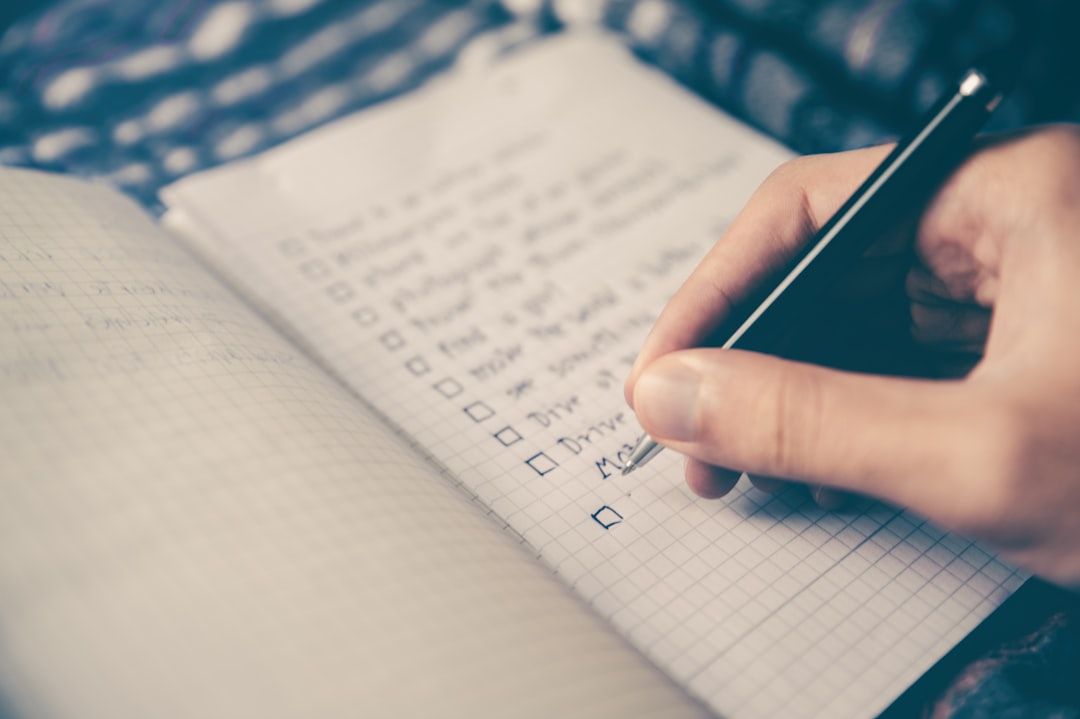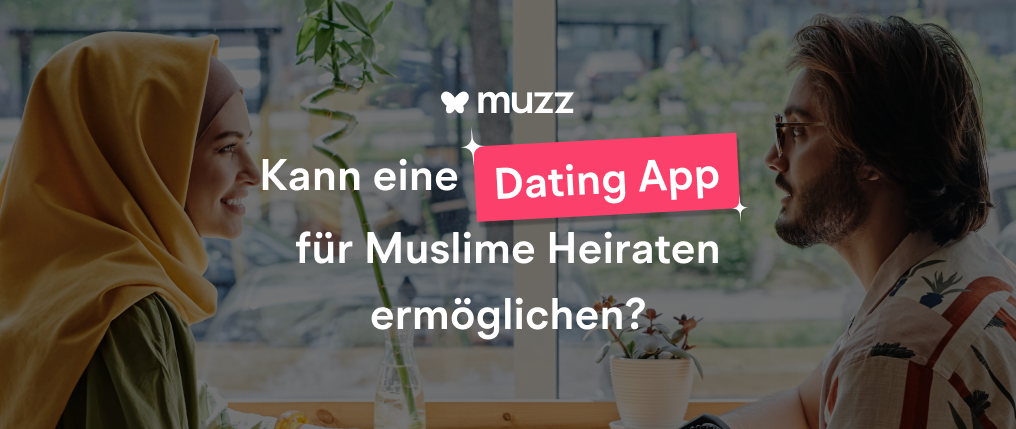
The Marriage Business
March 17, 2012

Muslim men bring 12,000 brides to Britain each year. That leaves their female peers with a dilemma — accept a “part-time husband” or turn to an agency that will check out a man’s family (and his bachelor pad) for you


Looking for your soulmate?
You won’t find your soulmate on this blog post but you might find them on Muzz - the world’s biggest Muslim dating and marriage app.
“Click? Why does everyone talk about clicking? What is this need to click? You’re just too fussy,” says a Pakistani auntie, reacting angrily to a twenty-something accountant’s complaint that there was no chemistry between her and any of the men to whom she was introduced at a Muslim marriage event in east London.

Marriage Asian-style is practical, contractual and, to the western mind, deeply unromantic. “The spinster crisis is an issue of modernity,” preaches an energetically gesticulating man in a white prayer cap, jacket and trainers. “Success is the right attitude – no conspiracies, please. Can’t blame Israel.” Cue laughs from those assembled: women in hijabs seated on one side of the wood-panelled hall; men, mostly in suits, a few of them in Arab dress with beards, on the other; chaperones at the back.

The speaker is Mizan Raja, the engaging founder of the UK-based Islamic Travels agency, who also set up the Islamic Circles community network and now presides over the east London Muslim matrimonial scene. I’m at a Practising Muslim event at Toynbee Hall in Whitechapel. According to the network’s website, the event is held four times a year and is “especially geared towards those Muslims who are actually practising, ie, not a ‘fasiq‘ – open sinner – as defined by the classical texts in sharia law”.
Arranged marriages are big business in the UK. Second- and third-generation immigrant families, with no extended family structure, limited networks and religious restrictions on acceptable ways to meet future spouses, are turning to external matchmakers for help. Mizan arranges between five and ten marriages every month through Islamic Circles, in his spare time. His day job is investment banking. By his own estimate, he has been responsible for 1,300 marriages over the past ten years.
Natty dresser
Mizan says he is meeting a need for something that is a duty in Islam. There’s someone for everyone: “Even the disabled have needs” and Islamic Circles holds regular events for them. And increasingly, he says, career women are electing to become “co-wives” – in other words, to become a man’s second or third wife.

He reckons he gets between five and ten requests every week from women who are “comfortable with the notion of a part-time man”. He explains: “They don’t want a full-time husband. They don’t have time.” So couples live separately, the husband visiting his wives on a rota. A City boy with umbrella, striped scarf and bling watch in the row in front of me turns round and whispers: “Actually, that’s not right. In late twenties a girl is considered past it, so this arrangement is the best she can get.”
There is someone for everyone, but if you’re female and over 30 or divorced, you may have to share. The same rules do not apply to men. The City boy has just turned 30. His elder brother married a girl from Pakistan but that’s not for him. He wants to meet a girl here who shares his religious conviction and an understanding of western culture and values.
Home Office figures show that Muslim men bring almost 12,000 women to Britain as spouses from the Middle East and the subcontinent every year. One reason for this is the perception that women with careers tend to be “a bit lippy” and don’t make good wives, according to Parag Bhargava, a moustachioed natty dresser in blue shirt and sleeveless navy cardigan, whose more personalised and discreet introduction service in Southall, Middlesex – the Suman Marriage Bureau (established 1972) – claims to be the first and largest of its kind in Europe. The importing of foreign brides has led to a numbers problem, making it harder still for British Asian women to find husbands.
For his efforts, Mizan has been spat at in the street and punched by hardliners who believe that free mixing of the sexes is taboo in Islam. “I’m a businessman, not a bloody imam – but I’ve had to marry people when the imam won’t,” he tells me. At least I think he tells me: he refuses to look me in the eye and politely answers my questions by addressing the man to my right. “Marriage is a means to an end, not the ultimate goal. The ultimate goal is to meet your Lord, if you find tranquillity in marriage.” He charges £25 per person for the service.

In arranged marriages, love is a possible outcome but rarely the starting point. I lived with my ex-husband’s extended family in Pakistan and watched his opinionated, extrovert niece grow up and enter unquestioningly into a traditional arranged marriage. When asked to choose between two appropriate candidates, she told her mother, “No way! I’m not choosing between two guys. If this is an arranged marriage I want to be able to blame you if it goes wrong.” So her parents chose for her. By all accounts, it has been a success and she says she has been “very lucky”.
The experts agree that the success of an arranged marriage is down to similarity: similar background, ethnicity, family status, level of education, sect, class, age, devoutness, even skin colour. “Different hobbies is OK,” concedes Parag. He charges £1,095 for the platinum service (and a further £235 once a marriage
has taken place), which includes interviewing the prospective spouse’s entire family to gauge suitability and compatibility of lifestyles.
“In love marriages, you can have a doctor marrying a dustman. That doesn’t happen here,” he says. “We’re finding people on a level playing field. Not only do the two individuals need to be similar but so do their families, in terms
of values, education and income.” He visits prospective spouses on behalf of his platinum clients to check for “a clean and tidy house” and “no signs of women” in a bachelor pad.
The success rates are high – wedding photographs and thank you letters line the walls of Parag’s office, together with a picture of his mother, the “Asian Cilla Black”, Suman Bhargava, shaking hands with Margaret Thatcher and John Major. Beside his desk is a poster with the headline “Ten rules for a happy marriage”. (Number one on the list has me stumped: “Never both be angry at the same time.”)
The Suman Marriage Bureau has successfully arranged in excess of 8,000 matches and the grandchildren of couples whom Parag introduced are coming to him to look for potential partners. Divorces are rare. “Our customers don’t come back again.” He estimates that the divorce rate for marriages set up through the bureau is less than 5 per cent.
The divorce rate for Asians in the UK over the past decade has been consistently between 15 and 20 per cent lower than for white marriages, but predictably it is rising along with that of wider society. According to some Muslim commentators, one in eight arranged marriages ends in divorce, up from one in 20 in just two generations.
Risky Rishta
Mizan believes that the key to marital happiness is to be clear about expectations upfront. So, information about a partner that you might normally glean over many months is extracted at the first meeting. “What are you looking for in a spouse?” he asks the group. “It’s OK if it’s lots of money or a good cook. But be honest.”
When the men are unforthcoming and huddle together, he jokes: “And unless you want a marriage outside of Islamic sharia please don’t keep talking to members of the same sex.”
One by one, the visitors rattle off their wish-lists. Jamil from Leicester wants “someone who has patience and a basic understanding of the religion”. Alia, a businesswoman from east London, is looking for “someone honest and supportive who likes to travel”. Tahzeen, a 27-year-old charity worker, wants to marry “someone down-to-earth, with a sense of humour, who will encourage me in my religion”.
Mizan presses them to be more specific. “Let’s not beat behind the bush!” he says with more gusto than accuracy. “Allah said, ‘Beauty is important.’ You need to find the person physically attractive.”

He sits on a sharia panel and believes that the marriage contract is an essential safeguard, especially for women. He urges the group to think about what they might want covered. “The right to divorce in a contract would end 90 per cent of abuse,” he says. “Would you allow your husband to take a second wife? Will you be allowed to work? Will you have to live with in-laws? Sisters, can you walk away with your own earnings if you divorce?”
Yasmeen, identified as S14 on her badge, is a startlingly pretty accountant and is dressed in a long skirt, long brown leather boots and hijab. She observes the proceedings with an air of detachment and a wry smile. Later she tells me that she has been playing “the rishta [marriage] game” for over a year.
“One guy asked me: ‘How far have you gone physically with a guy?’ And when I didn’t answer he said: ‘I don’t want to take this further with you.’ Some guys don’t want to talk to a girl who has even kissed a guy.”
Parag discourages his clients from discussing the past. “Families say they want a nice girl for their son but that often means a virgin. How do you test for that? Better to focus on the present and the future.”
At 28, Yasmeen is close to being considered “past it”. She is “looking for a best friend”. For girls like her, she explains, events like these are the only way to meet suitable men. “I don’t go clubbing so I don’t know how to get out there. I’m not looking for a guy who goes clubbing. And I won’t be able to sleep at night if I do haram [forbidden] things.” Besides, she says: “I don’t have to look very far to see the success stories. I have so many friends and family who are very, very happy who have gone down that [arranged marriage] route.”
She has not been as lucky. She laughs. “You know times are hard when your mum says, ‘Go out with him, now!’ My mum used to be very conservative and not let me meet guys. Now that I’m 28 she’s pushing me out of the door!”
Previously Yasmeen was engaged for five years to a man from a different sect, which led to parental disapproval and ultimately the couple’s separation and heartbreak. Now she would insist on meeting the parents at the outset. “They can destroy everything,” she says. She feels disheartened at having failed to “click” with anyone she has met at these events. She tried “the online marriage intro scene”, but found it too superficial and populated by time-wasters.
The screening process online is, by definition, less thorough, and there are horror stories to scare the aunties, of passport-seekers and men after one-night stands. One man travelling from the UK to India to claim his bride discovered that she was a he.

Still, the online marriage scene is flourishing. Profiles are often written by parents, who see it as a compromise, an acceptable way to allow your children to date, with certain rules and expectations. The website singlemuslim.com advertises itself as “the new way – combining modern technology with Islamic principles” – and boasts four success stories a week. More than two million members use shadi.com, one of the world’s largest portals.
Unlike standard dating sites, these get straight to the point and seem designed to repel any skulking commitment-phobes. Those registering are asked upfront: “Would you like to get married soon or within 12 months?” Users are asked to rate their religiousness, family status, class, complexion (“fair, medium, dark or wheatish”), income and, brutally, their weight – in exact kilograms. Singlemuslim.com quizzes users on how often they pray and asks women registering: “Are you looking for someone who has a beard?”
It’s excruciatingly direct, but less so than some of the conventional arranged marriage set-ups I heard of during my time in Pakistan. One girl was asked by the boy’s parents, “Beta [Daughter], may we take a look at your teeth?”
But whether done traditionally, online or through brokers, the arranged marriage system is designed to eliminate randomness. Expectations are different. Preeti, who found her husband through the Suman Marriage Bureau, says: “We weren’t in love when we got engaged. We made the decision based on getting on well.” She was 28, he was 33, and both were under pressure from their families to settle down. “Dating was still exciting, though, and after six months I fell in love with him.”
Parag likens marriage to a home. “In a love marriage,” he says, “the home is already built. With arranged marriage, we are starting with stronger foundations, like shared values, so we can deal better with any earthquakes.”
He met his own wife at the front door of his mother’s marriage bureau and “then I arranged it”, he says, smiling. They now have two sons and are very happy.
Despite his own fortuitous encounter, he discourages exchanging photographs before an introduction. “It’s too superficial. You have to have an attraction but looks are not the be all and end all. Physical passion isn’t for ever. Marriage is. You can only love when you get to know someone, their bad habits and all.
“With respect, trust and acceptance, love will automatically develop. We take care of the foundations. The couple can focus on personality.” He shows me a list of available nameless, faceless girls. It provides the same basic details as you would get for an egg donor: age, height, level of education and job.
From that information, a man will decide whether he wants a half-hour chaperoned introduction at the bureau’s headquarters in one of the stark, cell-like waiting rooms that line the corridor. “If it is one-on-one and you focus on key points,” Parag says, “half an hour is enough to know if you want to meet again.” Next there is generally a three-to-six-month meeting period, with visits once a fortnight, usually chaperoned, then regular phone calls, followed by a formal proposal.
I can’t help thinking that some of my non- Asian unmarried girlfriends who are hoping for that “click” could benefit from the matchmaking skills of a Mizan or a Parag – and from an unashamedly practical social system, which insists on clear intentions stated upfront, a pre-agreed contract to manage expectations and the opportunity to meet 60 available, age-appropriate, like-minded, non-commitment-phobic men.
The only problem is that they’re all over 30 or divorced and none of them wants to share.
Some names have been changed
By Jemima Khan
Jemima Khan is associate editor of the New Statesman
Source article: http://www.newstatesman.com/society/2012/03/arranged-marriage-women-family

